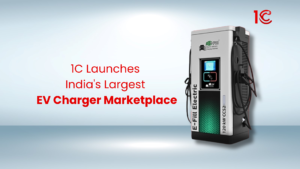
How to Setup TATA EV Charging Station? Updated on Jul 15, 2023 | 5 min read [Sassy_Social_Share] <ulstyle=”margin-left:2%;”> India needs 13 lakh

Thinking about getting an electric car in India? It’s a smart move for your wallet and the planet, but it’s a decision that needs careful thought. This article looks at comparing the costs of running electric cars to regular petrol vehicles like fuel costs, maintenance, upfront expenses, resale value, and where you can charge your EV. You will also get an insight about the many methods to charge EV at home–like regular outlets and home charging stations, and Public EV chargers. At the end we have covered you with a quick guide to that will help you on setting up your own EV charging point in India, with list of EV charging station providers in India.
Several factors should be considered when comparing the operational costs of electric vehicles to petrol cars. Concerning fuel expenses, EVs generally benefit from the comparatively lower cost of electricity per unit of energy, whereas petrol prices are subject to fluctuations, impacting the overall operational cost of petrol cars.
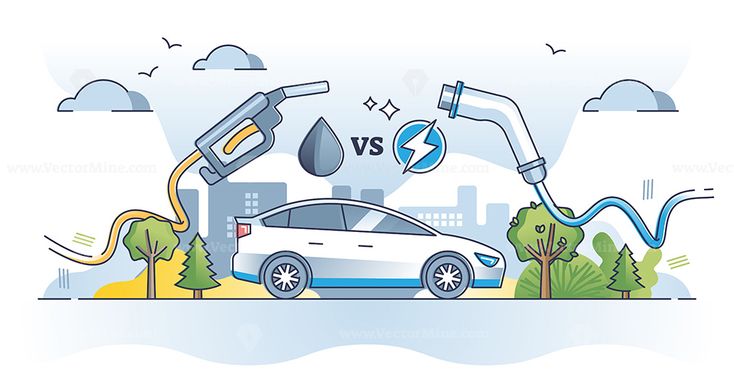
Electric vehicles have fewer moving parts, which potentially reduces their maintenance cost compared to traditional petrol cars. On the other hand, petrol cars require regular maintenance for a greater number of components, influencing overall operational costs.
EVs may carry higher initial purchase prices, and potential offsets through government incentives and decreasing battery costs should be considered. Petrol cars may present a lower upfront cost, but it is crucial to account for ongoing fuel expenses.
Resale values for electric vehicles can vary, depending on the battery condition and technological advancements. Similarly, resale values for petrol cars are influenced by make, model, and condition.
The availability of charging infrastructure varies, and accessibility to charging stations can influence the feasibility of owning an EV. Petrol stations, being widespread, offer convenient access to fuel for traditional vehicles.
A benefit of owning an EV car is that you can charge it at home, unlike the cars that run on petrol or diesel. There are different options for charging an electric vehicle at home based on different levels of charging equipment and associated factors.
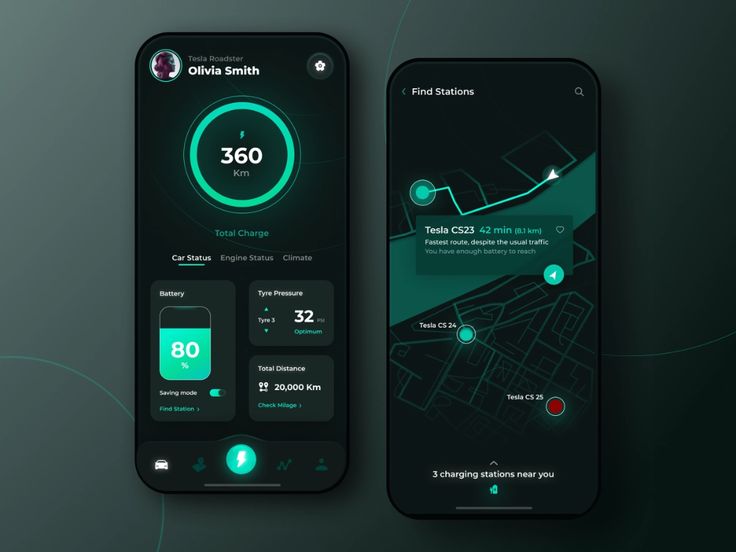
Public EV chargers play an important role in supporting the widespread adoption of electric vehicles. These charging points are located in public spaces such as parking lots, which provides convenience for EV owners who may need access to private charging infrastructure.
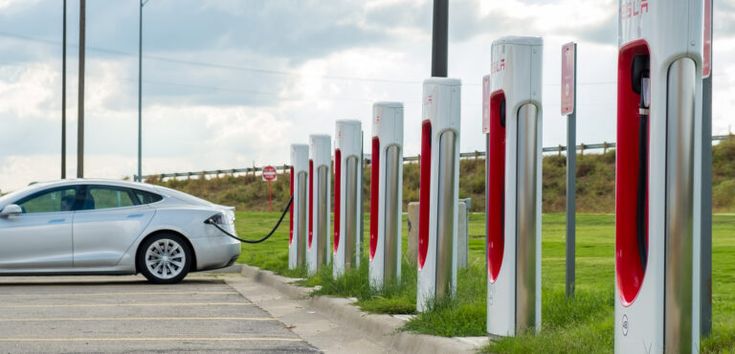
Public EV chargers come in different types, such as Level 2 chargers that provide moderate charging speeds and DC fast chargers that offer rapid charging. Users can locate these charging stations through various apps and networks, enhancing accessibility. As the EV landscape continues to grow, the expansion of public charging infrastructure remains vital, ensuring EV owners have reliable options for keeping their vehicles charged while on the go.
Installing your own EV charging Station in India will require in-depth research; after all, it’s the hard-earned money you will invest.
4. Enhance your understanding by learning from others’ experiences. Read our article 5 Common Mistakes to Avoid while Setting up an EV Charging Station to gain insights into potential pitfalls and ensure a smooth setup process.
It’s important to be polite to other EV drivers. If someone seems to be having trouble, offer assistance. Helping each other out means we can all get back on the road more quickly and smoothly.
Resist the temptation to unplug another person’s car. You never know how much charge they need, and it’s best to treat others as you would like to be treated. Additionally, most EVs have a locking mechanism to prevent unauthorised unplugging.
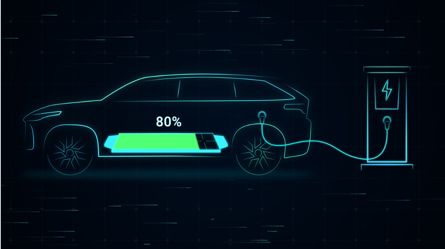
If you’re driving a plug-in hybrid, let fully-electric cars take precedence in the charging queue. EVs depends solely on charging, while plug-in hybrids have a backup petrol or diesel engine. A recent survey by Vauxhall found that 55% of EV drivers are willing to let others needing a quick charge go ahead, compared to only 15% of petrol and diesel car drivers.
Track charging level of your car, especially at busy charging locations. Some cars have smartphone apps for remote monitoring, and some chargers display battery percentage and charging speed. It’s practical to be aware of your charge level, and manufacturers often recommend charging only up to 80% to preserve the battery’s lifespan.
Take care when using charging equipment to avoid damage that could inconvenience other drivers. After charging, properly stow the cable, and report any damage to the operator. This ensures a smooth experience for everyone using the charging station.
Charging an electric vehicle involves many things, whether at home or using public chargers. It’s important to understand the different types of charging, how to install them, and the options available.
Comparing the costs of running an EV to a petrol car includes looking at fuel, maintenance, upfront expenses, and resale value. Public chargers are important for people who use EVs and have them in accessible places. If you want to set up your own charging station, it will require careful research, but learning from others can make it easier. Along with the knowledge of where to charge and how to charge, it is also important to learn a courteous manner while charging at public stations. As EVs become more common, these learnings help make the shift to a greener and more convenient future for electric vehicles.
EVs charge by connecting to a power source through a charging cable. This cable is typically equipped with plugs that fit into the charging port on the EV. The charging port is usually located on the front or side of the vehicle.
Yes, you can charge an EV at home. Many EV owners use standard electrical outlets, known as Level 1 chargers, or dedicated home charging stations, referred to as Level 2 chargers, for faster charging. The charging process typically involves plugging the EV into the charging equipment.
To charge a car at home, you can use a standard household electrical outlet for slower charging (Level 1), providing about 5-8 Kms of range per hour. Alternatively, install a dedicated home charging station (Level 2) for faster charging at a rate of 20-50 Kms of range per hour. Professional installation may be required for Level 2 chargers, and the process involves connecting the charger to the vehicle using a charging cable.
Charging electric cars during off-peak hours has the following benefits:
The charging time for an electric car may vary depending on factors such as the battery capacity, the charging speed of the station, and the state of charge. Normally, it can take anywhere from 30 minutes to several hours to charge an electric car fully. Fast-charging stations can charge a significant portion of the battery in a shorter time, while standard home chargers may take longer.
By using fast charging stations that offer higher charging speeds to fast charge your EV. Find a DC fast chargers, which can provide a substantial boost to an EV’s battery in a shorter time. It’s important to use the right charging infrastructure that supports fast charging, some EVs have features like fast-charging compatibility, that allows you to maximise charging speed when using compatible stations.
How to Setup TATA EV Charging Station? Updated on Jul 15, 2023 | 5 min read [Sassy_Social_Share] <ulstyle=”margin-left:2%;”> India needs 13 lakh
Maintain your EV charging stations efficiently for reliable service. Use a CSMS for oversight and address connectivity, hardware, load balancing, and power management effectively.
“PM-eBus Sewa – Electric Wheels, Connected Cities, Better Tomorrow!” Updated on Jul 23, 2023 | 6 min read [Sassy_Social_Share] Key Insights: PM-eBus
Frequent Fast charging is Killing your EV! Here’s how to optimize it. Updated on Sept 15, 2023 | 6 min read [Sassy_Social_Share]
Solar EV charging harnesses sunlight to power electric vehicles, reducing reliance on non-renewable sources and offering eco-friendly transportation.
Tata Nexon.EV Launched. Know all The Updates, worth the hype? Updated on Sept 14, 2023 | 5 min read [Sassy_Social_Share] Tata has
The duration required to charge an electric vehicle relies on the battery capacity and the charger’s power rating. A straightforward method to
CCS1 and CCS2 differ in design and speed, impacting EV charging. India's ISI7017 standard blends AC and DC for EVs, promoting interoperability.
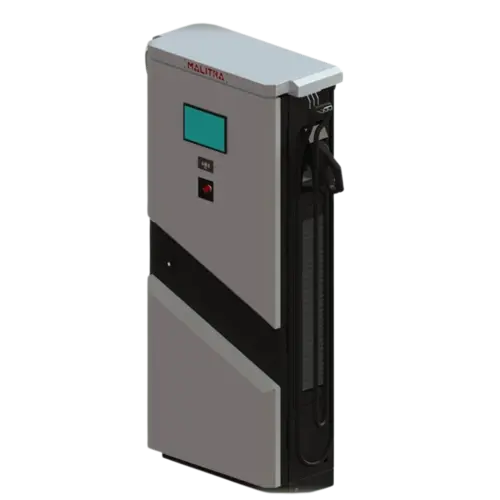

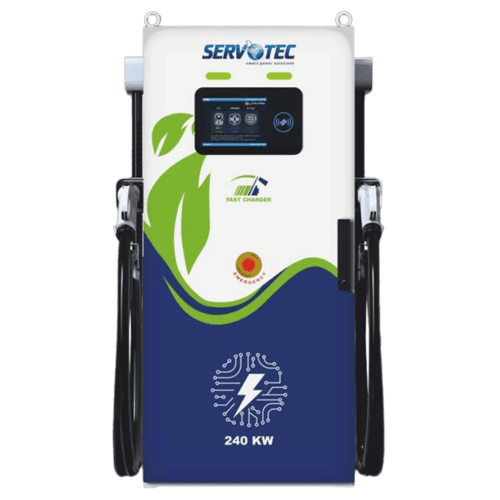
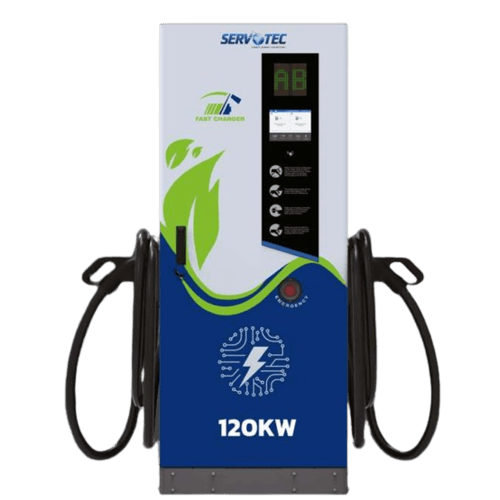
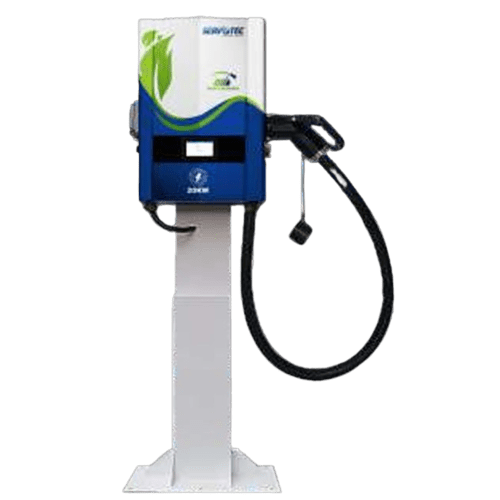
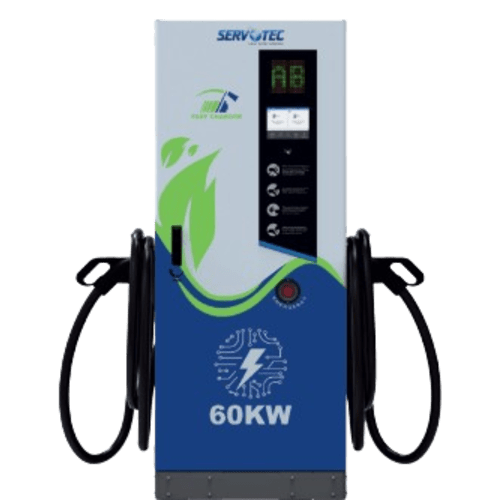
© 2024 Massive Mobility Private Limited. All rights Reserved